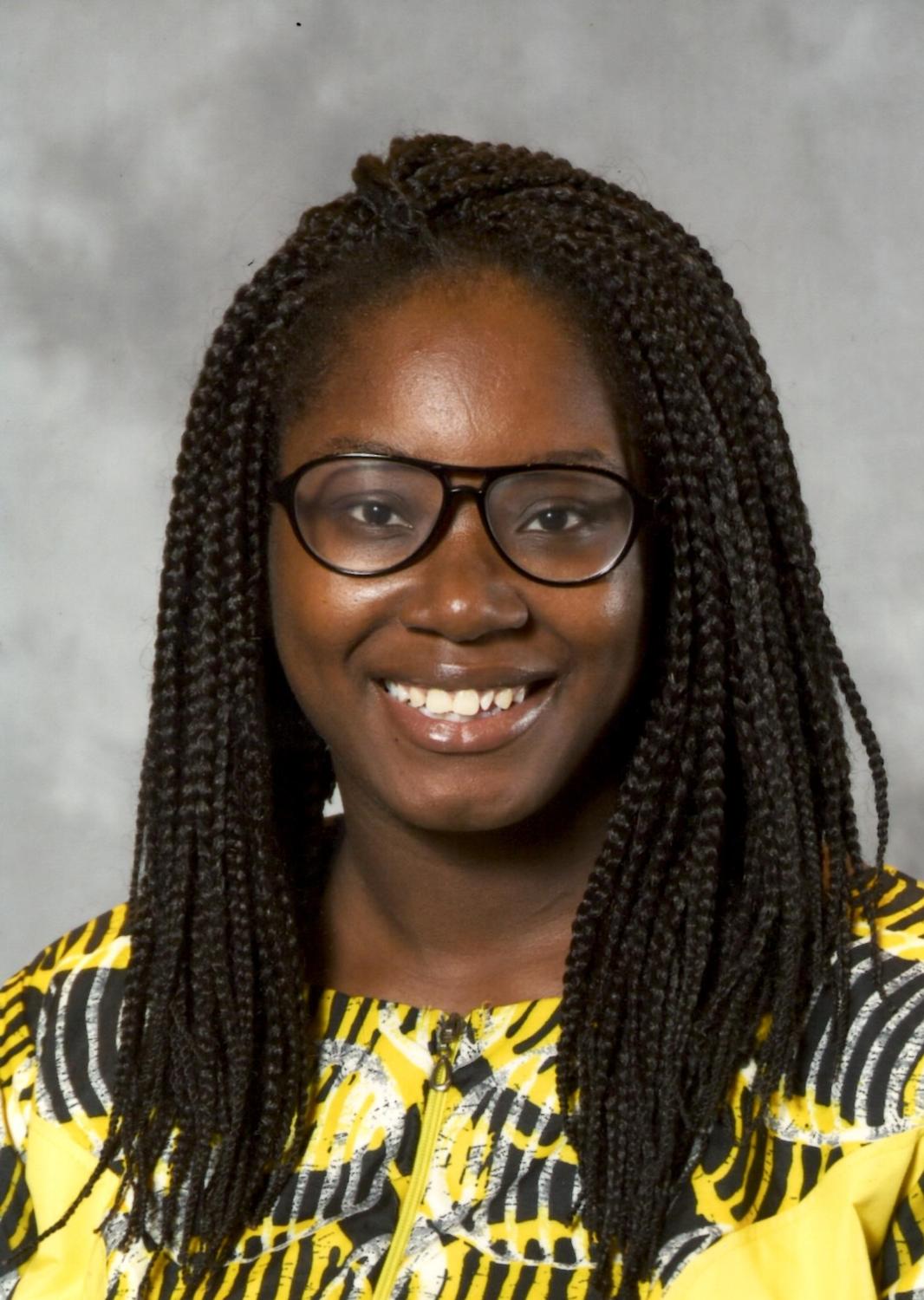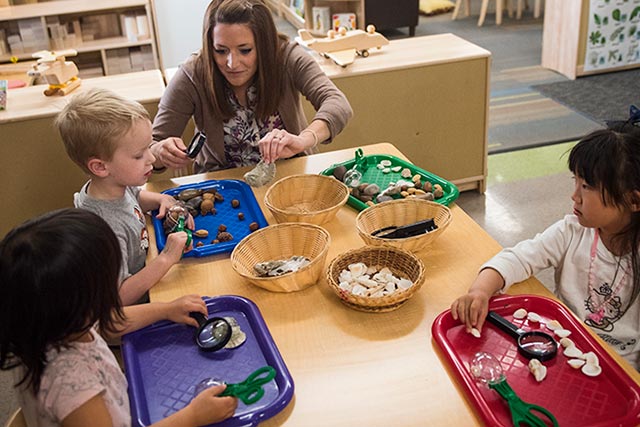Queshonda Kudaisi
Teacher Education and Administration
Matthews Hall 218-G

Queshonda Kudaisi joined the University of North Texas in the Fall of 2022 as an assistant
professor of mathematics education in the Department of Teacher Education and Administration.
Her degrees include a Ph.D. from the University of South Florida, an M.A.T from the
University of South Florida and a B.S. from Southeastern University. Her research
is composed of two strands of inquiry. The first strand focuses on social justice
in mathematics education with particular attention is given to mathematics teacher
educators', mathematics teachers', and mathematics teacher candidates’ development
of the knowledge needed to teach mathematics for social justice. Her research interest
in social justice mathematics stem from her experiences in title one schools as a
mathematics teacher and an instructional mathematics coach. Dr. Kudaisi’s second strand
of inquiry focuses on science, technology, engineering and mathematics (STEM) learning
experiences that take place in informal learning environments such as after school
and summer programs. Her research interest in informal STEM learning environments
originated from her experience participating in after school STEM programs as a student
and as an educational non-profit founder and director. Her research methods include
the use of both quantitative and qualitative methods. Dr. Kudaisi’s 8 years’ experience
within K-12 contexts include work in both private and public schools, work as a mathematics
teacher, work as an instructional mathematics coach, and work as an education consultant.
Dr. Kudaisi has presented at both state and national mathematics conferences and has
served on the board of directors for several professional mathematics organizations.
- Kudaisi, Q., &Castro-Minnehan, C. (Under Review). Opportunities to learn about teaching mathematics for social justice in doctoral preparation programs in the United States.Investigations in Mathematics Learning.
- White, I., White, S. Hill, Z., Gilligan, T., Carrington, M., & Kudaisi, Q.(2023). Examination of Equity in Math Education Policies. Florida Council of Teachers of Mathematics.
- Harper, F. & Kudaisi, Q. (2023). Harper, F. K., &Kudaisi, Q. J. (2023). Geometry, groceries, and gardens: Learning mathematics and social justice through a nested, equity-directed instructional approach. The Journal of Mathematical Behavior, 71, https://doi.org/10.1016/j.jmathb.2023.101069
- Kudaisi, Q. (2022). Student noticing and wondering in the mathematics classroom: An equity-directed instructional strategy. Dimensions in Mathematics.
- Sears, R., & Kudaisi, Q. (2021). A Systemic Approach to Attend to Justice, Equity, Diversity, and Inclusion (J.E.D.I) in a High School Mathematics Methods Course. Connections, 31(2).
- Vernon-Jackson, S., Kudaisi, Q., Castro-Minnehan, C. (accepted). Informal STEM Learning as a Vehicle To Develop 21st Century Skills: A Model for Informal STEM Learning in Summer Camps in Cases on Informal Learning for Science and Mathematics Education. IGI Global.
- Kudaisi, Q. (2022). Attending to Equity and Social Justice in Mathematics Coaching. In White, I. (Ed). Equity Counts: Diversity and Inclusion for Success of All Learners. Rise to greater heights network.
- Kudaisi, Q. &Kudaisi, O. (2022). The mathematics of toxic air emissions. In Conway, B., Id-Deen, L., Raygoza, M., Ruiz, A., Staley, J., &Thanheiser, E (Eds). Middle School Mathematics Lessons to Explore, Understand, and Respond to Social Injustice. Corwin Mathematics and The National Council of Teachers of Mathematics.
